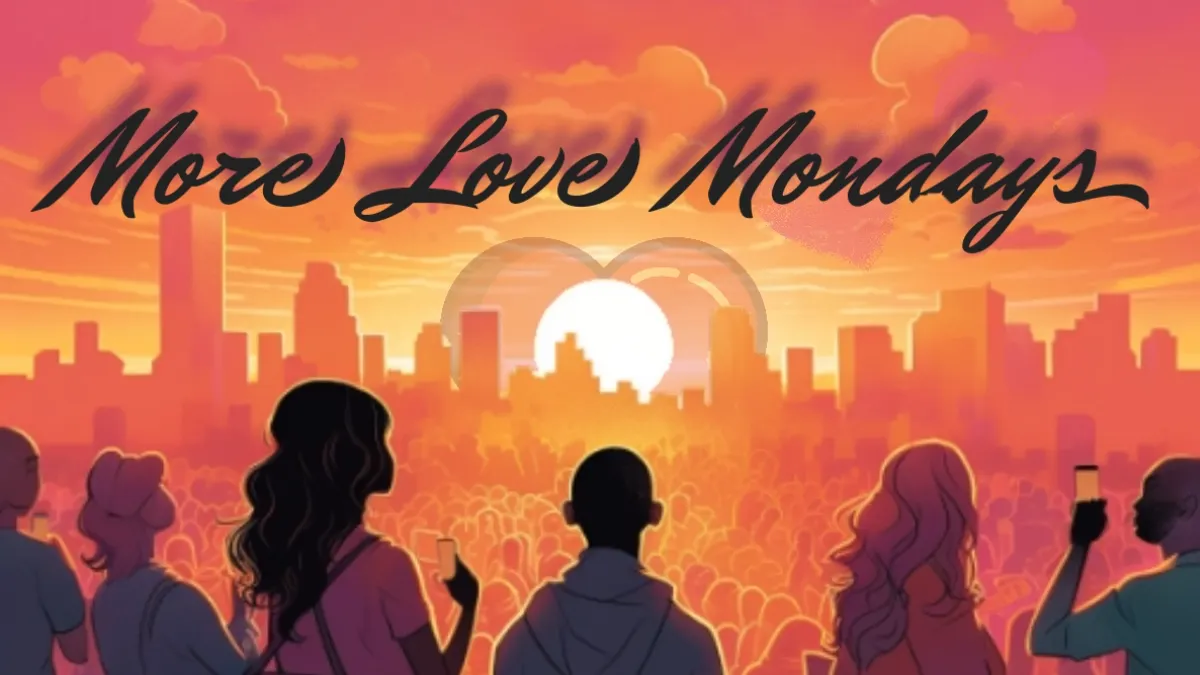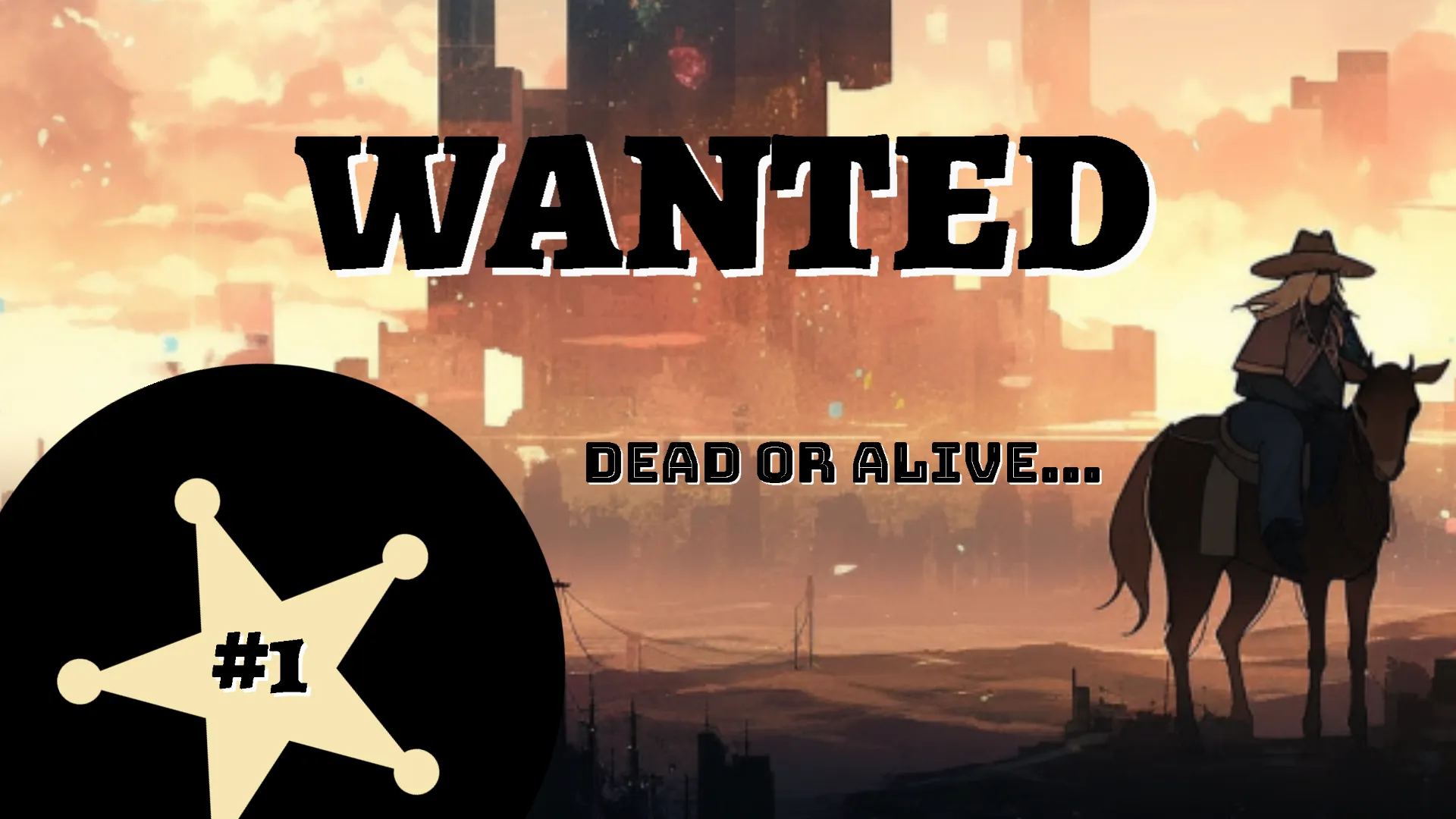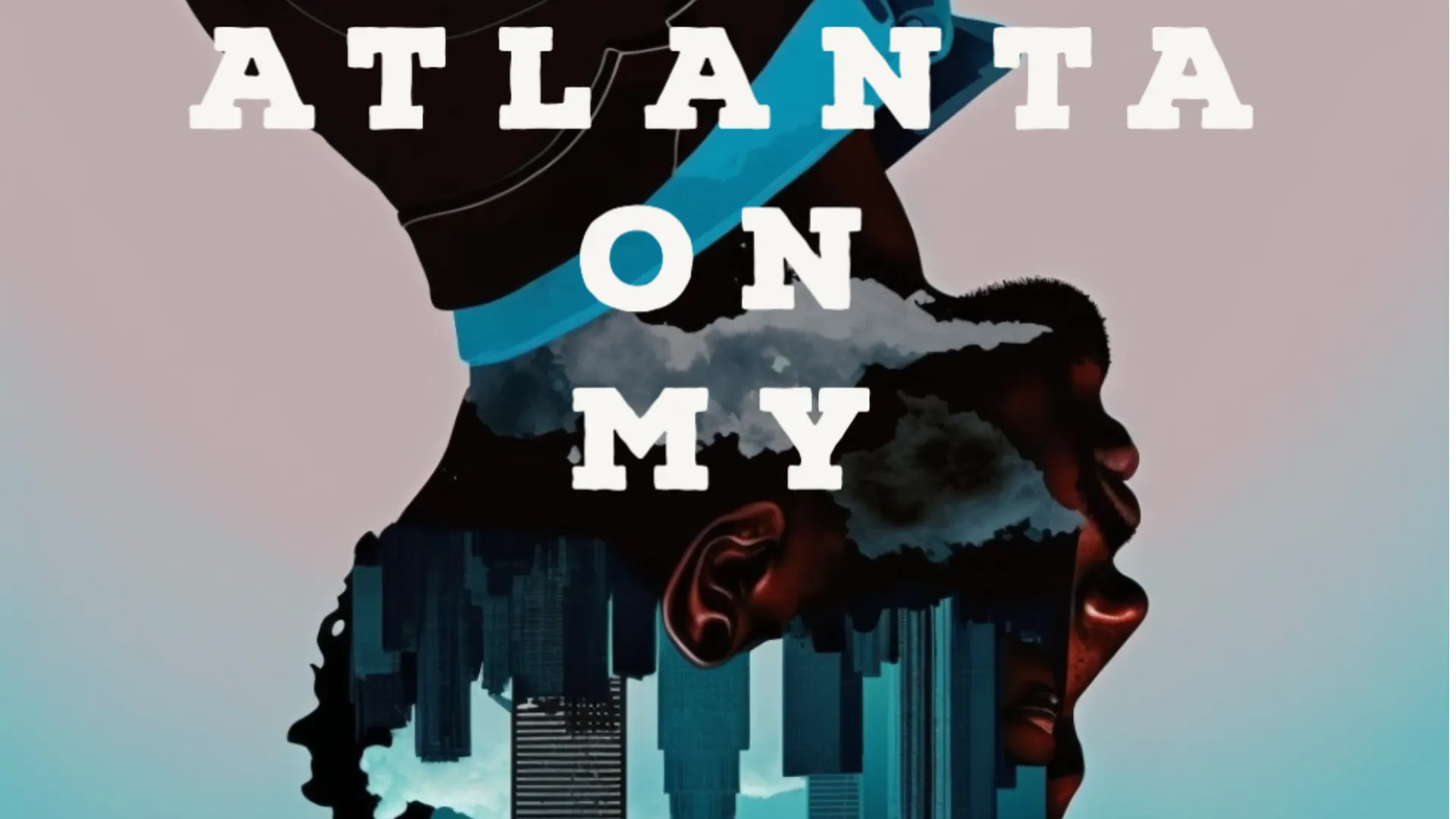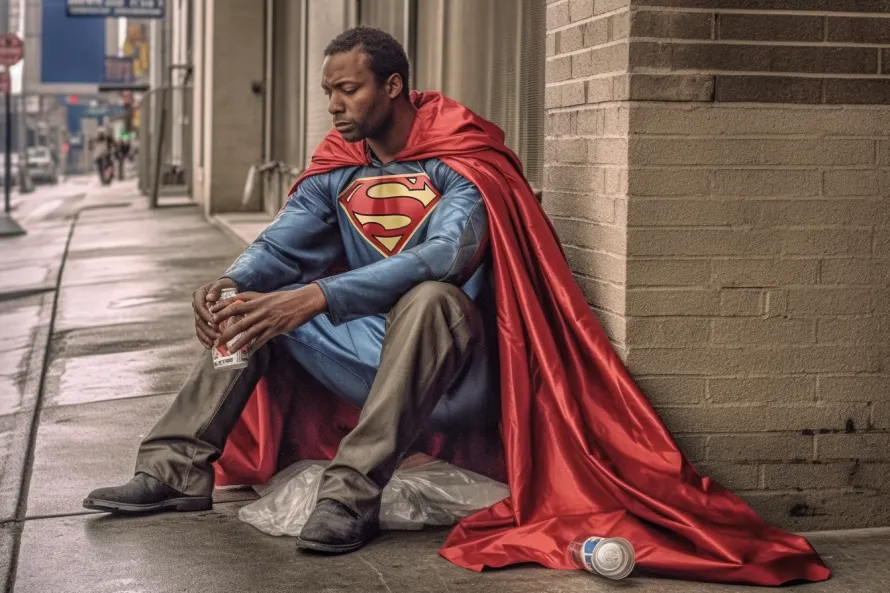See No Evil: An Exploration of Malevolence And Silence
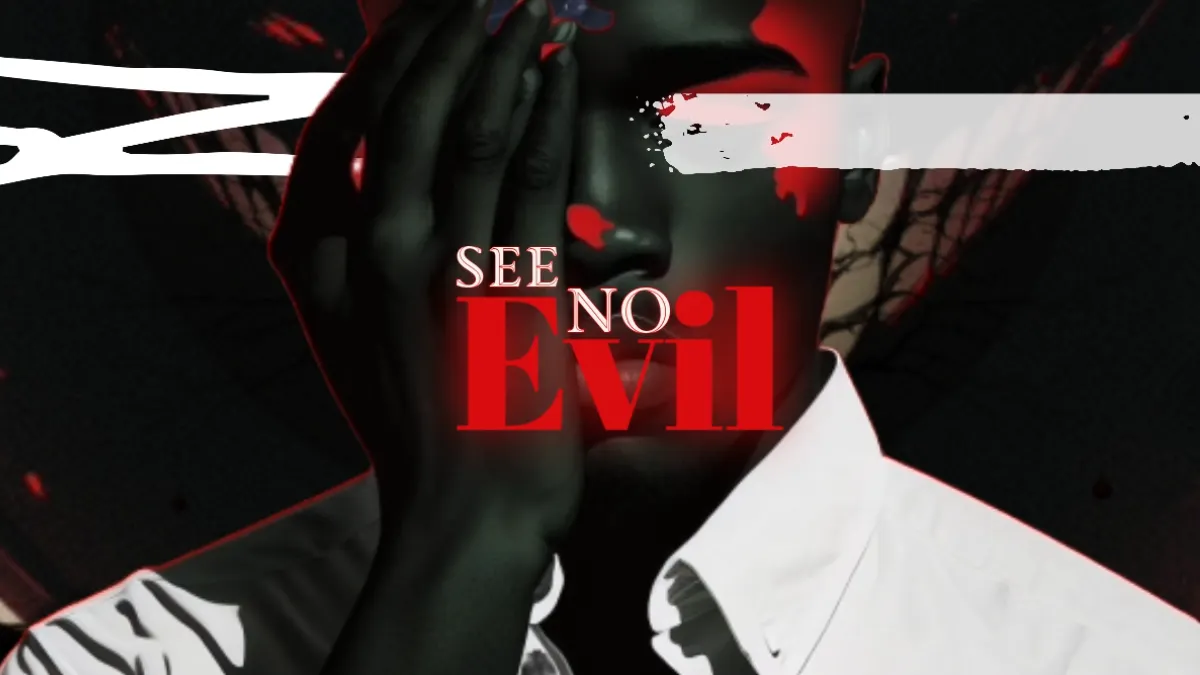
The power of music lies not just in its ability to evoke emotions, but also in its capacity to address the complexities of human behavior and societal norms. One playlist that takes this responsibility to heart is "See No Evil," curated to question the conditions that give rise to malevolence and the troubling hypocrisy of remaining silent in the face of evil.
The Complexity of Malevolence in Music Culture
Music has always served as a lens through which we view our society. Hip hop, for example, has historically been an unflinching mirror reflecting the socioeconomic struggles and systemic issues plaguing communities. Metal and punk rock have subverted the conventional norms, making us question the structures that we've come to accept. "See No Evil" leverages these musical genres and more to help listeners confront their own understanding of evil.
In this playlist, you'll find songs like N.W.A’s "Fuck tha Police," which brings to light the injustices meted out by authority figures. You'll also encounter Metallica's "Disposable Heroes," shedding light on the tragic expendability of soldiers in the eyes of the state. These songs don't just entertain; they ignite important conversations.
Societal Perception of Evil
Society universally agrees that actions like murder, exploitation, and acts of terrorism are evil, but what about the systemic issues that enable such actions? What about inequality, racism, and the suppression of free speech? It's easier to label an individual as evil than to recognize and address the societal conditions that nurture malevolence.
"See No Evil" plays with this dichotomy, featuring songs that confront both overt and covert forms of evil. The playlist challenges listeners to confront their own complacency or complicity in the system that perpetuates these evils.
While many people may find common ground on obvious manifestations of evil, such as murder or terrorism, the broader canvas of human misconduct showcases various shades of moral, ethical, and legal transgressions. Below are some additional acts that are generally considered evil, either at the individual or systemic level, or sometimes both:
Overt vs. Covert Evil
Overt evil acts are visible and easily identified. For example, a terrorist attack is an overt act of evil that creates immediate suffering. Society easily condemns the individuals involved in such actions. Covert evil, on the other hand, operates under the radar; it’s more insidious and less immediately obvious. Systemic racism, economic inequality, and the suppression of free speech are examples of covert evil. They can be perpetuated by institutions and systems designed to prioritize one group over another or to stifle dissent, making them pervasive and harder to eradicate.
Complacency and Complicity
It is relatively straightforward to condemn an individual for a heinous act. However, facing the systemic issues that perpetuate evil can make many uncomfortable because it may require acknowledging one’s own complacency or even complicity. For instance, it's easy to call out a racist individual, but harder to examine how one might be benefiting from a system that marginalizes certain ethnic groups. Being a bystander to a system that perpetuates inequality can be seen as a form of passive complicity. Likewise, complacency comes into play when individuals acknowledge that a systemic problem exists but feel that they either can't or shouldn't do anything to change it. This paralysis is often rooted in the fear of loss—loss of status, comfort, or even community.
Physical Abuse and Torture
Inflicting physical harm deliberately and sadistically is often classified as evil. This can range from domestic violence to the torture of prisoners of war or detainees. In some instances, these acts can be systemic, sanctioned, or overlooked by authorities, adding an additional layer of malevolence.
Sexual Abuse and Exploitation
Sexual abuse is widely regarded as a vile act, covering a spectrum of offenses from harassment to rape. Human trafficking for the purpose of sexual exploitation takes this evil to a systemic level, involving networks that abet and profit from the suffering of others.
Fraud and Deception
While perhaps not always perceived as viscerally evil compared to violent acts, large-scale fraud and deception can ruin lives and amass suffering. Examples include Ponzi schemes, fraudulent medical practices, or corporate deception that leads to environmental degradation or loss of life.
Hate Crimes and Discrimination
Acts fueled by prejudice, whether they are violent or not, are generally considered evil. Hate crimes can range from verbal harassment to physical violence. Discrimination, meanwhile, may not always be illegal depending on jurisdiction but can create systemic disadvantage for particular groups, creating a cycle of suffering and disadvantage.
Genocide and Ethnic Cleansing
These are examples of evil on a mass scale, involving the systematic extermination or displacement of entire ethnic, religious, or social groups. History is unfortunately replete with such examples, from the Holocaust to more recent atrocities in places like Bosnia, Rwanda, and Myanmar.
Psychological Manipulation and Gaslighting
Though subtler than physical abuse, the mental anguish caused by gaslighting or other forms of psychological manipulation can be deeply scarring. When someone deliberately distorts another’s perception of reality or manipulates them into doubting their own sanity, it can be seen as an act of evil because of the emotional and mental harm it can cause.
Animal Cruelty
Deliberate cruelty towards animals is widely considered evil due to the needless suffering inflicted on sentient beings. From dog-fighting rings to harmful animal testing, acts that cause unnecessary pain and suffering to animals are viewed by many as morally reprehensible.
Cyberbullying and Online Harassment
In the digital age, evil manifests itself not only in the physical world but also in cyberspace. Cyberbullying can lead to severe emotional distress, and in extreme cases, self-harm or suicide. The anonymity of the online world can sometimes exacerbate the cruelty, making it a modern form of malevolence.
Political Corruption and Abuse of Power
Corruption and abuse of power at the political level are not just ethical failings but can also cause widespread suffering. From bribery to the misuse of public funds and suppression of political opponents, these acts compromise the well-being of the population for individual or partisan gain.
Medical Malpractice and Ethical Violations in Research
Intentional malpractice in healthcare or research settings can have devastating consequences. Whether it's falsifying results, ignoring informed consent, or unnecessary surgeries for financial gain, these betrayals of trust can be seen as evil due to the vulnerability of those affected.
Resource Hoarding and Economic Exploitation
Amassing wealth or resources to the point where others are suffering due to scarcity can also be seen as an act of evil, especially if the hoarding is systemic and intentionally perpetuated to keep power imbalanced. This also includes exploitation of labor, where workers are subjected to inhumane conditions for the profit of others.
Disinformation and Propaganda
Spreading false information to manipulate public opinion or incite hatred and violence is an act that can cause immense societal harm. From war propaganda to the spread of harmful stereotypes, the weaponization of information can be a form of evil.
Forced Assimilation and Cultural Erasure
Forcing a community to abandon their culture, language, or traditions and adopt those of another group—often the dominant one—is another form of systemic evil. This may involve coercive tactics such as re-education, social shaming, or even physical violence.
Violation of Bodily Autonomy
Acts that infringe upon an individual's control over their own body, such as forced sterilizations, female genital mutilation, or medical experiments without consent, are often considered evil given the deep intrusion into personal freedom and well-being.
Murder
Taking someone's life is one of the oldest taboos in human civilization, almost universally considered a grave evil. The motives for murder can range from personal animus to ideological beliefs, but the result is the same: a loss of life that leaves an irrevocable void in families and communities. Many philosophical and religious systems regard the act of taking another's life as one of the most severe moral transgressions possible.
Rape
Sexual violence is an assault not just on the body but also on the individual's autonomy, dignity, and emotional well-being. The trauma can result in long-lasting psychological harm, including post-traumatic stress disorder (PTSD), depression, and anxiety, among other conditions. Like murder, rape is almost universally reviled, and yet, it remains a pervasive problem globally, affecting millions of men, women, and children.
Pedophilia and Child Sexual Abuse
Pedophilia involves an adult experiencing sexual attraction to prepubescent children, typically under the age of 13. Acting on these urges by engaging in sexual acts with children is one of society's most despised evils. Child sexual abuse can have lifelong repercussions for the victim, including but not limited to emotional trauma, mental health issues, and impaired social functioning. This form of abuse is particularly heinous because it exploits the innocence and vulnerability of children for the perverse gratification of the abuser.
Trafficking
Trafficking involves the recruitment, transportation, harboring, or receipt of children for the purpose of exploitation, which can include forced labor, sexual exploitation, or even organ harvesting. This form of evil is particularly insidious as it often targets the most vulnerable populations, leaving the victims physically, emotionally, and psychologically scarred. Child trafficking is a form of modern-day slavery that operates in the shadows but has global reach, affecting millions of children worldwide.
Destruction of Cultural Heritage
The deliberate destruction of cultural landmarks, artifacts, or history can be considered an act of evil, especially when it is aimed at erasing the identity or history of a particular group. This includes the demolition of historical sites, looting of art, and burning of books and has been seen in various conflicts, including those in Afghanistan, Iraq, and Syria.
Censorship and Suppression of Free Speech
While perhaps more ambiguous compared to acts involving physical harm, the suppression of free speech, particularly when it leads to the suffering or repression of individuals or groups, can be seen as a form of evil. This becomes increasingly evident in authoritarian regimes where censorship is used as a tool to manipulate the truth and suppress dissent.
Ecological Destruction
While not immediately attributed to evil, the large-scale, intentional destruction of the environment for profit, particularly when it endangers human and non-human life, is increasingly being viewed as a form of systemic evil.
The Importance of Acknowledging Systemic Evil
Condemning overt acts of evil while ignoring systemic evil can be likened to treating symptoms rather than the underlying disease. The "See No Evil" playlist thus serves as a metaphorical call to action, prompting listeners to consider the broader societal conditions that perpetuate both forms of evil.
It’s a reminder that labeling individuals as evil is a simplistic response that does not address the root causes of malevolent acts. Understanding the deeper, systemic issues can help society as a whole move towards genuine solutions, as opposed to merely applying Band-Aids to gaping wounds.
The Challenge of Change
Change begins with acknowledgment and education, which is where initiatives like the "See No Evil" playlist play a crucial role. Such platforms don't just entertain; they spark conversations that can initiate change. But the playlist alone isn't the solution—it's the catalyst. It falls upon society and its individuals to confront these difficult issues head-on, to move from acknowledgment to action.
In summary, the systemic evils we often overlook are just as critical to address as the overt evils we condemn. It's a messier, more uncomfortable conversation, but it's one that needs to happen if genuine, long-lasting change is to occur.
The Hypocrisy of Silence
The notion of silence in the face of evil is an age-old dilemma that transcends cultures, religions, and ethical philosophies. The idea that "silence speaks volumes" encapsulates a kind of moral or ethical complicity that arises when individuals or communities choose not to intervene or speak out against acts of evil. This silence is often as damaging as the acts themselves, as it provides tacit permission for these acts to continue unchallenged.
Why Does Silence Occur?
Fear of Repercussions:
One of the most immediate reasons people remain silent is out of fear for their safety or livelihood. Speaking against powerful individuals or systems can result in social ostracization, job loss, or even physical harm.
Social Conditioning:
From a young age, people are conditioned to conform to societal norms and rules. Breaking this conformity by speaking out can be emotionally and psychologically difficult, especially if the prevailing culture discourages dissent.
Bystander Effect:
This psychological phenomenon states that individuals are less likely to offer help when other people are present, often because they assume someone else will intervene. This dilution of personal responsibility contributes to a collective silence in the face of wrongdoing.
Cognitive Dissonance:
When people's actions (or lack thereof) conflict with their moral or ethical beliefs, they experience discomfort. To resolve this, they may either justify the evil act or minimize its significance to avoid feeling like a bad person for not intervening.
Ignorance or Lack of Awareness:
Sometimes people are genuinely unaware of the gravity of a situation or its ethical implications. While ignorance may partially excuse silence, it also highlights the importance of education and awareness in combating evil.
Privilege:
Those who are insulated by social or economic privilege may feel that an issue does not affect them personally and thus may not feel compelled to speak out. This detachment further marginalizes vulnerable groups who are most affected by acts of evil.
The Role of Media and Culture
Tracks like Bob Marley's "Get Up, Stand Up" and Public Enemy's "Fight the Power" serve as potent cultural reminders of the power and responsibility that individuals have to combat injustice. Music, film, literature, and art often serve as the social conscience, urging individuals to move from passivity to action. These cultural products can act as catalysts, inspiring people to break their silence and become allies in the fight against evil.
Societal Impact
The hypocrisy of silence perpetuates systemic forms of evil and makes it challenging to enact meaningful change. Silence protects the status quo and empowers those who commit acts of evil, whether they are individuals or systems. Hence, addressing this silence is as important as addressing the acts themselves. When people start speaking up, whether it's on social media, protests, or through the ballot box, they challenge the norms that permit evil to flourish.
In summary, the hypocrisy of silence is a complex issue shaped by psychological, social, and systemic factors. While it's a difficult cycle to break, awareness and action, often inspired by culture and media, can go a long way in dismantling the structures that allow evil to persist. As these tracks remind us, complacency is not an option when confronting the many forms of evil that plague society.
Reactions: An Audio-Visual Experience
To deepen your engagement with these themes, "See No Evil" also includes a selection of reaction videos. These videos feature individuals grappling with different forms of evil—be it the abuse of power, racial inequality, or war. Witnessing these authentic emotional responses offers a poignant reminder that turning a blind eye to injustice is an act of complicity.
Featured Interview
Beyond the tracks and reaction videos, the playlist is highlighted by an exclusive interview with renowned activist and musician, [Artist's Name]. In this candid conversation, [Artist's Name] breaks down the motivations behind the playlist and elaborates on the urgent need for us to confront the many shades of evil that color our society.
Conclusion
"See No Evil" isn't just another playlist to pass the time; it's a thought-provoking compilation aimed at waking us up from our slumber of ignorance. As listeners, we are encouraged to grapple with tough questions about evil, societal norms, and our own responsibilities. It serves as a powerful reminder that music can indeed catalyze change—if we're willing to listen and act.
So, let's not just "See No Evil." Let's talk about it, confront it, and perhaps in the process, become the change we wish to see in the world.
By: Lem Luvah
Remarks…
Be sure to Sign up to the Newsletter to keep up with the latest from me. If anything in this article resonated with you, Leave A Comment or Reaction. If you think It would benefit someone you know, Share even if you have an opposing opinion. We all grow by evolving through conversation and want to build a community where it feels safe to do that. Be sure to join the Facebook Group.



